In the big, wide world of skincare, it’s hard to keep track of which ingredients do what.
Editor Trudi Brewer shines the light on AHAs for skin rejuvenation. With summer imminent, here’s an affordable and effective ingredient that can brighten, hydrate, and rejuvenate dehydrated skin.
Image BeautyEQ
In the age of ‘trending’ skin-care routines and easily influenced brands, it’s more important than ever to understand what’s inside your beauty buys. Enter alpha-hydroxy acids (AHAs), one of the oldest — and, right now, trendiest. According to Spate, a global AI marketing research company, “Glycolic acid is searched an average of 255.3K times per month alongside skin care, with searches up 21.1 per cent since last year.” While most beauty and self-care aficionados understand what an AHA is and why incorporating acids into a skin-care routine benefits the look and feel of your complexion, having a solid grasp on when and why to use different acids can make all the difference. Below is everything you need to know about a star in this AHA category: glycolic acid.
What is glycolic acid?
Derived from sugar cane and boasting a small molecular size, glycolic acid is considered the most potent AHA in skin care circles because of its ability to deeply penetrate the skin, without causing skin barrier damage.
How does it work in the skin?
While it’s not new, glycolic acid is famous for its exfoliating benefits. Like many other alpha hydroxy acids (AHAs), it helps to resurface the skin by unclogging pores and sloughing off dead cells. But there’s something special that sets it apart from the sea of other acids—it’s ideal for dehydrated skin. When your skin feels parched and tight, the last thing you want to do is strip it further. Glycolic acid is one of the most gentle exfoliators and therefore causes fewer side effects. Beyond that, it helps retain moisture. When used in moderation and paired with barrier-supporting ingredients (ceramides, niacinamide, fatty acids, and hyaluronic acid), it helps restore that healthy skin glow.
So what is Dehydrated vs. Dry Skin?
If you’re confused between dehydrated and dry skin, you’re not alone. Despite sounding the same, they’re not interchangeable. “Dry skin is a skin type, meaning that your skin naturally produces less oil and often feels rough or flaky. Dehydrated skin, on the other hand, is a temporary condition where the skin lacks water, rather than oil,” says New York-based dermatologist Kally Papantoniou from Simply Dermatology and the creator of its companion skincare line, the Simply Skincare Dermatology Collection. “Since dehydration is a condition, it can happen in any skin type. Even those with oily skin can experience dehydration due to seasonal weather changes or damage to the skin barrier,” says Papantoniou. To get behind the science: Dehydration typically occurs in the upper outermost layers of the skin, where water can evaporate. While it may feel similar to dryness, combating it is different. When the skin is dehydrated, it needs to be replenished with water-based products. Unlike dry skin, dehydrated skin often appears dull, with fine lines emphasised, and can feel tight, especially after cleansing. This is where glycolic acid can help. With a small molecular size, it penetrates the skin more deeply to stimulate collagen production, reduce dark spots, and brighten the complexion. It’s also a humectant that attracts and binds water to the skin.
How to Use Glycolic Acid
Glycolic acid may be gentle and super effective, but it’s still an active ingredient. Papantoniou suggests gradually incorporating it into your routine, increasing only as tolerance builds. Found in cleansers, lotions, creams, serums, and our favourite exfoliation pads. It’s also used in salon treatments, which are very effective in giving skin a brightening boost before a special event. Once you’ve chosen the right glycolic acid product for your routine, Papantoniou recommends using it at night, followed by a hydrating serum or night cream. If you choose the morning, be sure to apply SPF before heading outside.
Other Acids worth knowing about
Lactic Acid: This acid is derived from sour milk products or vegan sources like fermented foods, and while it’s gentler than glycolic acid (because of its larger molecular size), it may not be as effective when used alone. It still has a good exfoliating effect on the skin, and it also has a humectant with brilliant water-attracting properties.
Citric Acid: Derived from citrus fruits like lemons and limes, it is the AHA with the heaviest molecular weight, which impacts how deeply it can penetrate the skin. Citric acid also has antioxidant properties, helping neutralise the known ageing effects of environmental damage such as pollution and UV exposure.
Mandelic Acid: This has become a common AHA in skincare and is potentially less irritating; unlike the other AHAs mentioned above, this variety also has antibacterial properties.
Tartaric acid: With gentle exfoliating, anti-ageing, and skin-brightening benefits. Derived from a variety of plants, particularly grapes, tamarinds, bananas, and citrus fruits. Additionally, tartaric acid has antioxidant and hydrating benefits.
Here are some of our favourite AHA-infused skincare products
NEUROCOSMEDICS by GINGER&ME Power Exfoliant Mask, $83
Gentle and effective. This is a two-in-one exfoliator and skin-hydrating mask that restores and rejuvenates the skin. Thanks to its ingredient lineup, including Australian lime pearls (extracted from caviar lime), a combination of glycolic and lactic acid, and natural bamboo, olive seeds, and Floraester beads (biodegradable exfoliating microspheres made from natural jojoba esters) that add texture and hydrate the skin simultaneously. It’s a famous skin-perfecting pick-me-up—and excellent flash treatment you can leave on the skin for up to five minutes, and then rinse clean.
If you’re looking for an affordable, yet effective daily option, this exfoliating toner is gentle on the skin and leaves you with a subtle glow and a smoother-looking skin texture. Powered by glycolic acid, rose flower water, aloe leaf water, glycerin, and ginseng root extract.
To use: Ideally at night, no more frequently than once per day. After cleansing, saturate a cotton pad and sweep it across your face and neck.
The combination of a gold-stabilised vitamin C and glycolic acid exfoliates and brightens the skin in a luxe-y, silky formula. It was formulated to address rough skin texture, clear away dullness, and improve the penetration of other skincare products you apply. But its radiance-making secret is the skin-illuminating phyto-luminescent extract that gives the skin a gleam like no other.
ID Skin Hero Rescue Pads, $106
Designed to brighten, rejuvenate, and refresh the skin, this soft-woven pad exfoliates, controls oil and blemishes, while brightening brown spots. Formulated with a combination of glycolic acid and salicylic acid, with willow bark to gently exfoliate, and hydrate from the inside out. While aloe and blue lotus calm and reduce redness. Expect a tingling sensation while the acids do their job.
To use: Sweep the pad over clean skin, leave it on for 20 minutes, then cleanse or rinse thoroughly. Or use on clean skin as an overnight treatment, and wash in the morning.
Drunk Elephant T.L.C. Glycolic Body Lotion, $59
The skin on your body will benefit from glycolic, and this lotion blends three acids to refine rough, bumpy, and uneven skin tone. These include glycolic, tartaric, lactic, and citric acids. Blended with potent antioxidant-loaded plant oils and butters, like green tea seed, passionfruit, apricot, marula, and shea, as well as squalane, vitamin F, sodium hyaluronate, and niacinamide, along with the powerful electrolytes from coconut fruit juice. It’s a brilliant hydration boost for dull, dry and dehydrated skin.

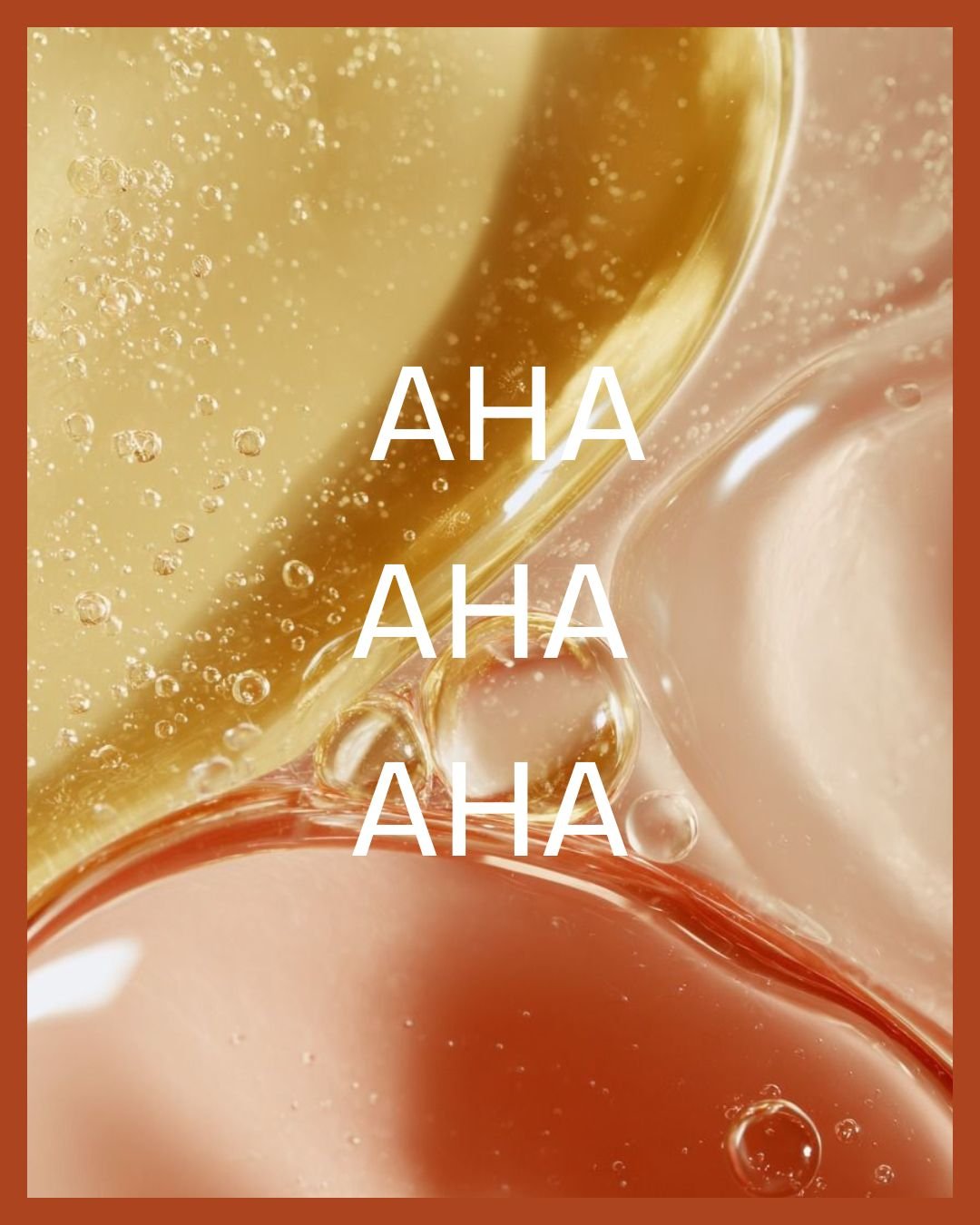
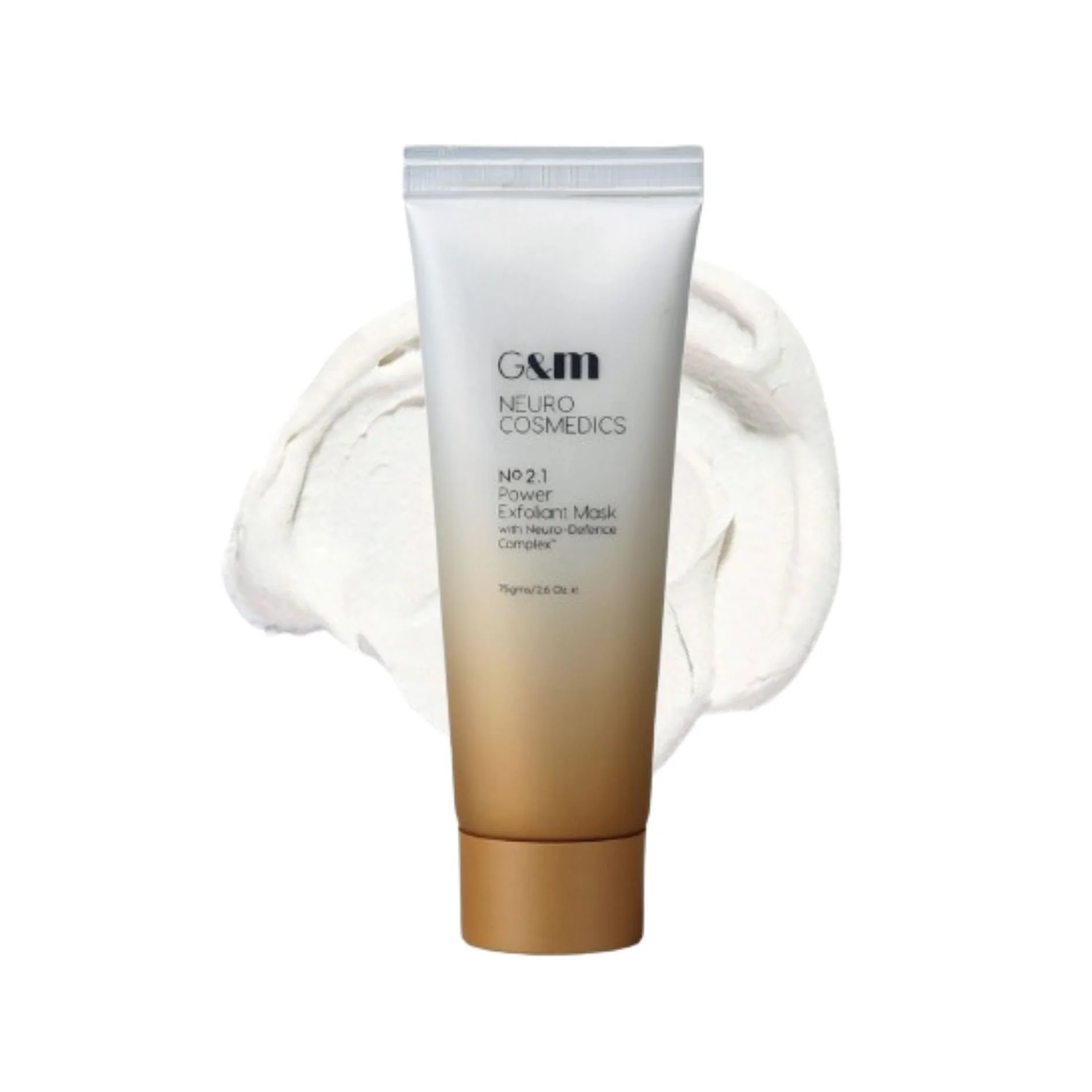
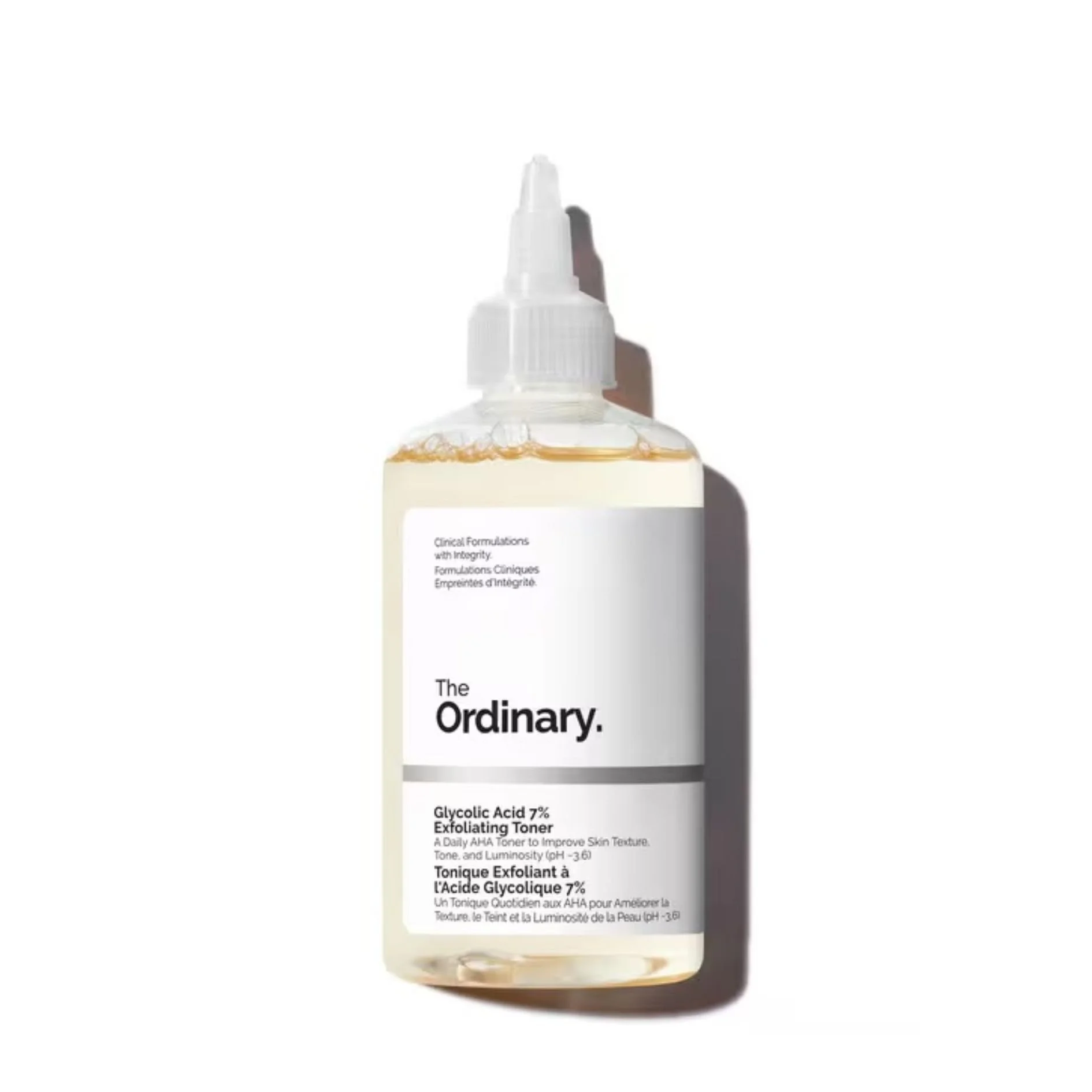


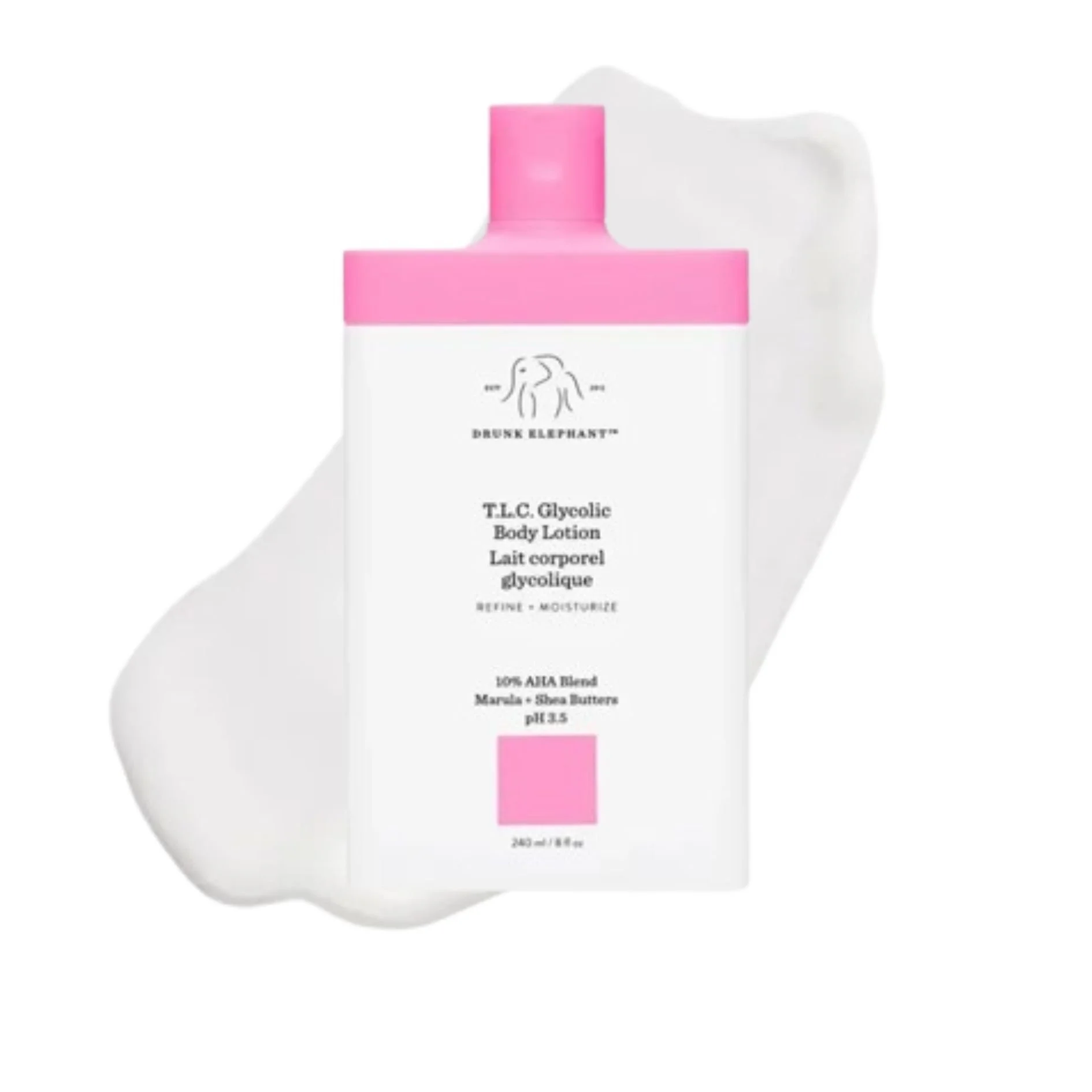

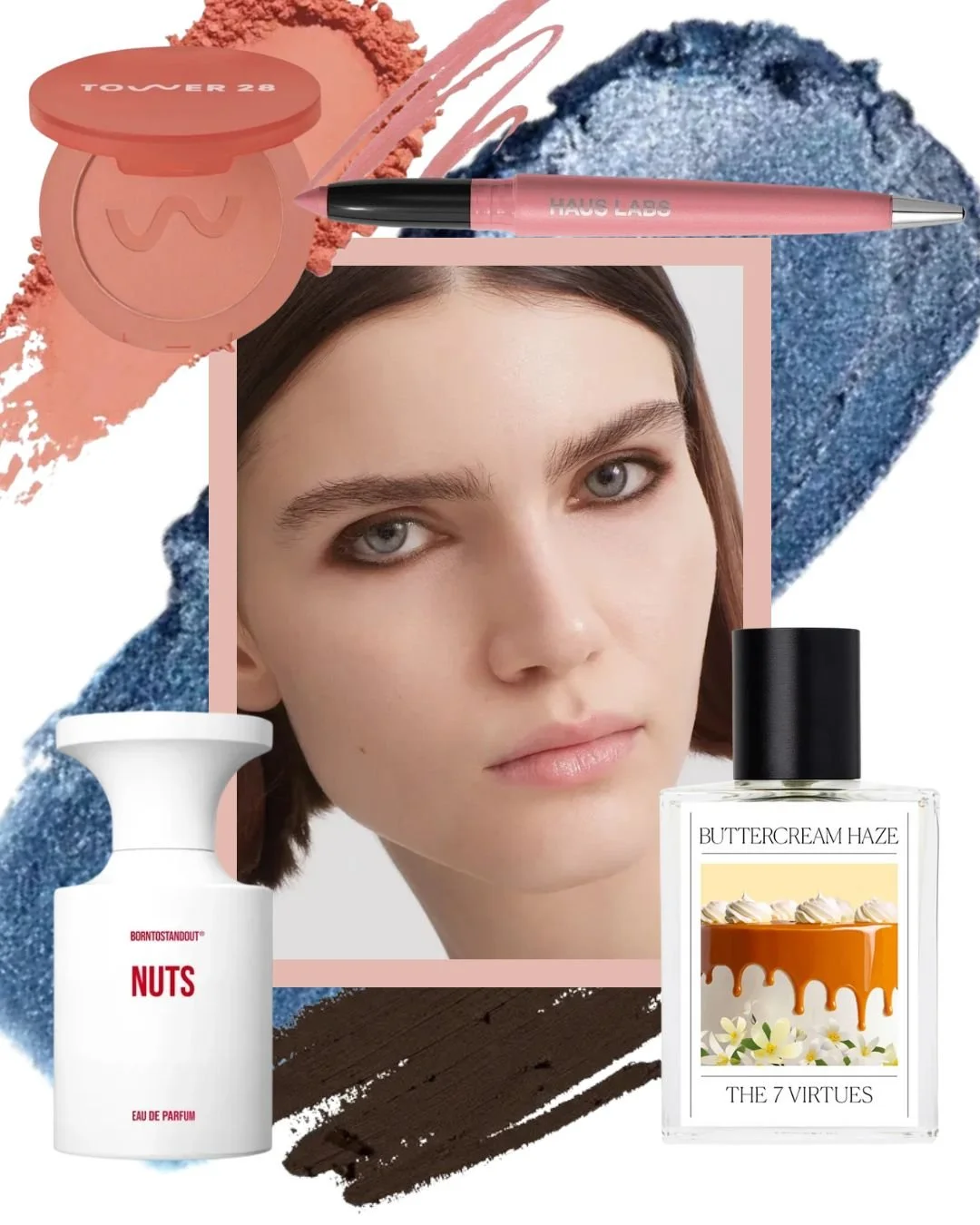


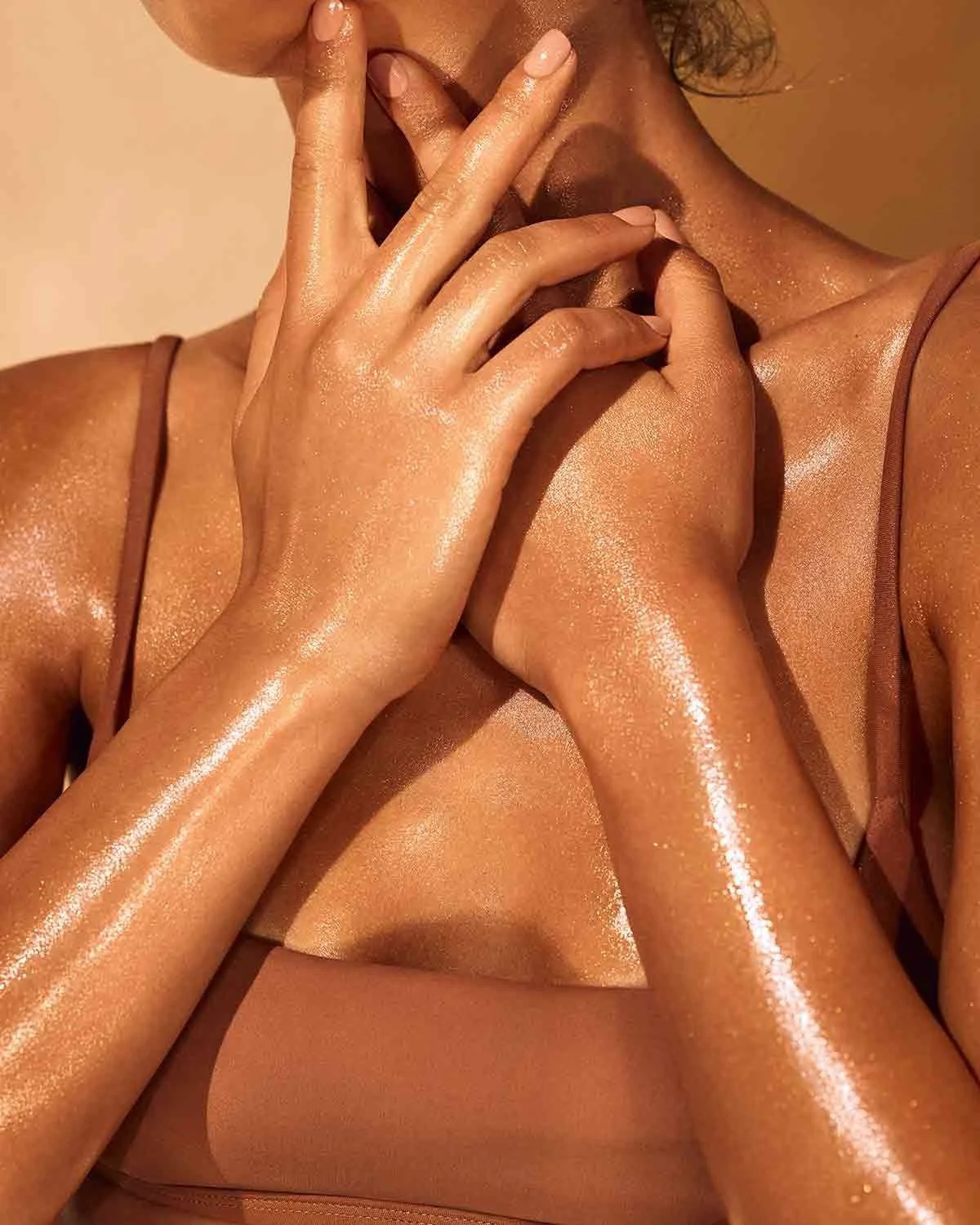

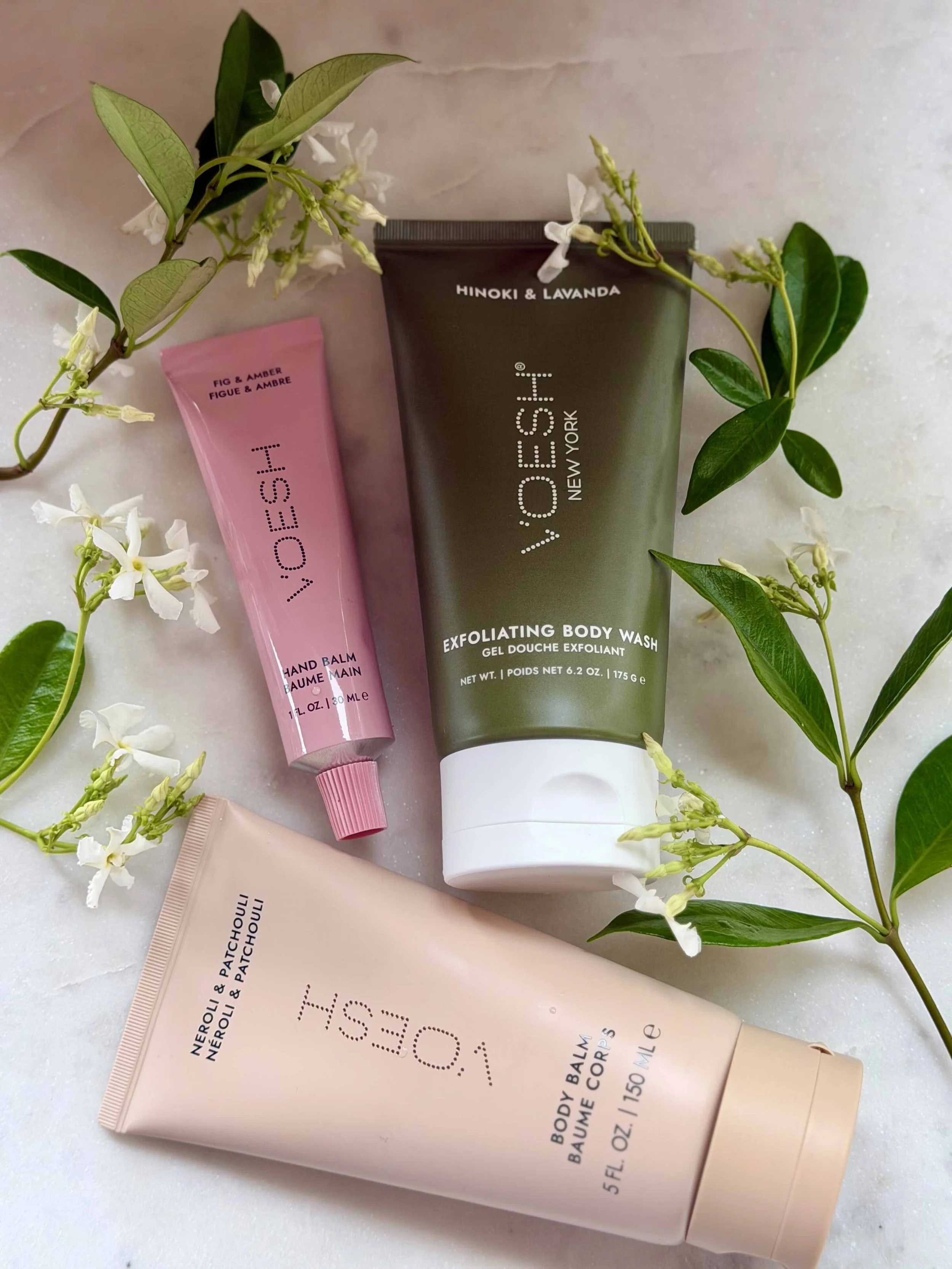
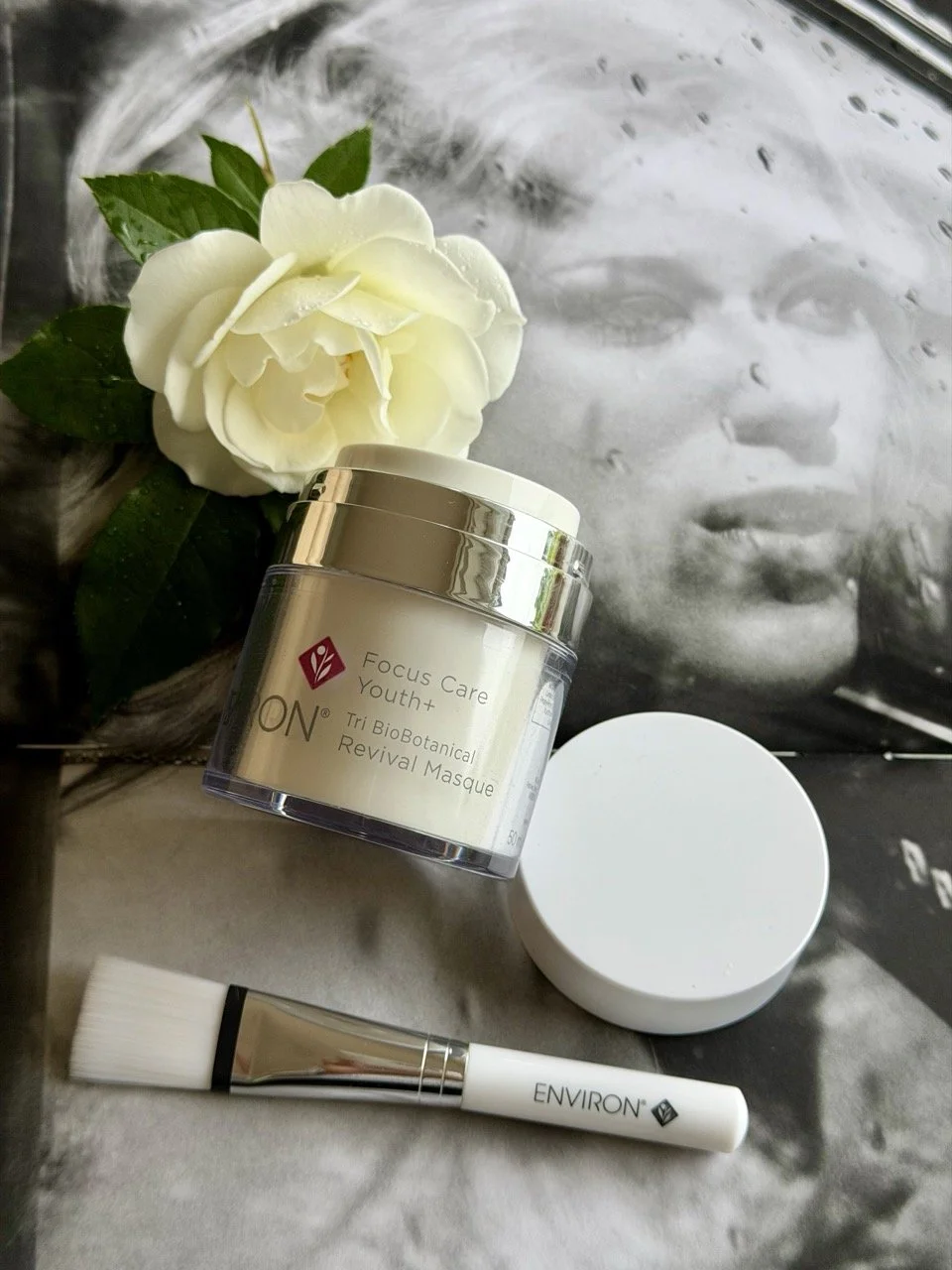



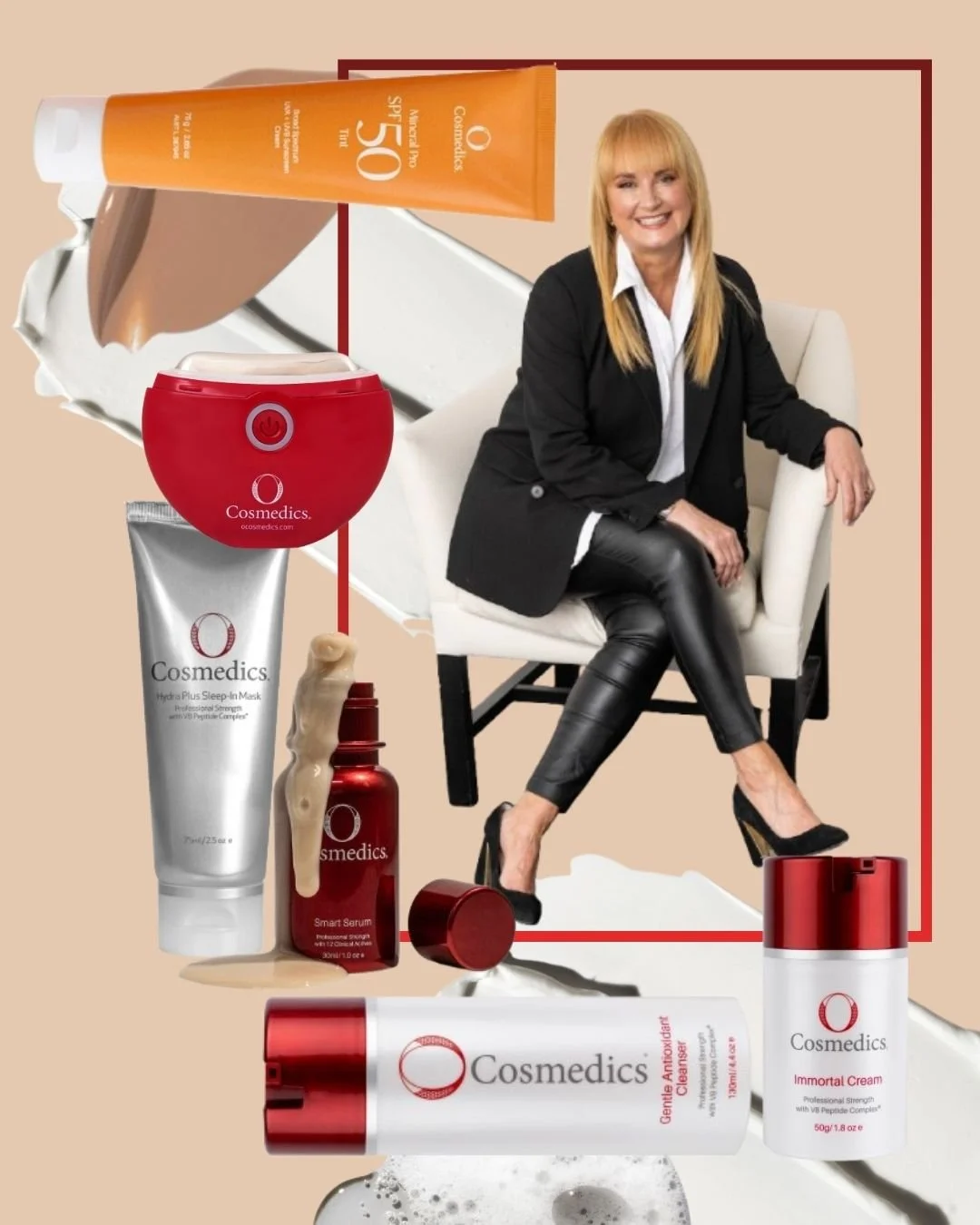

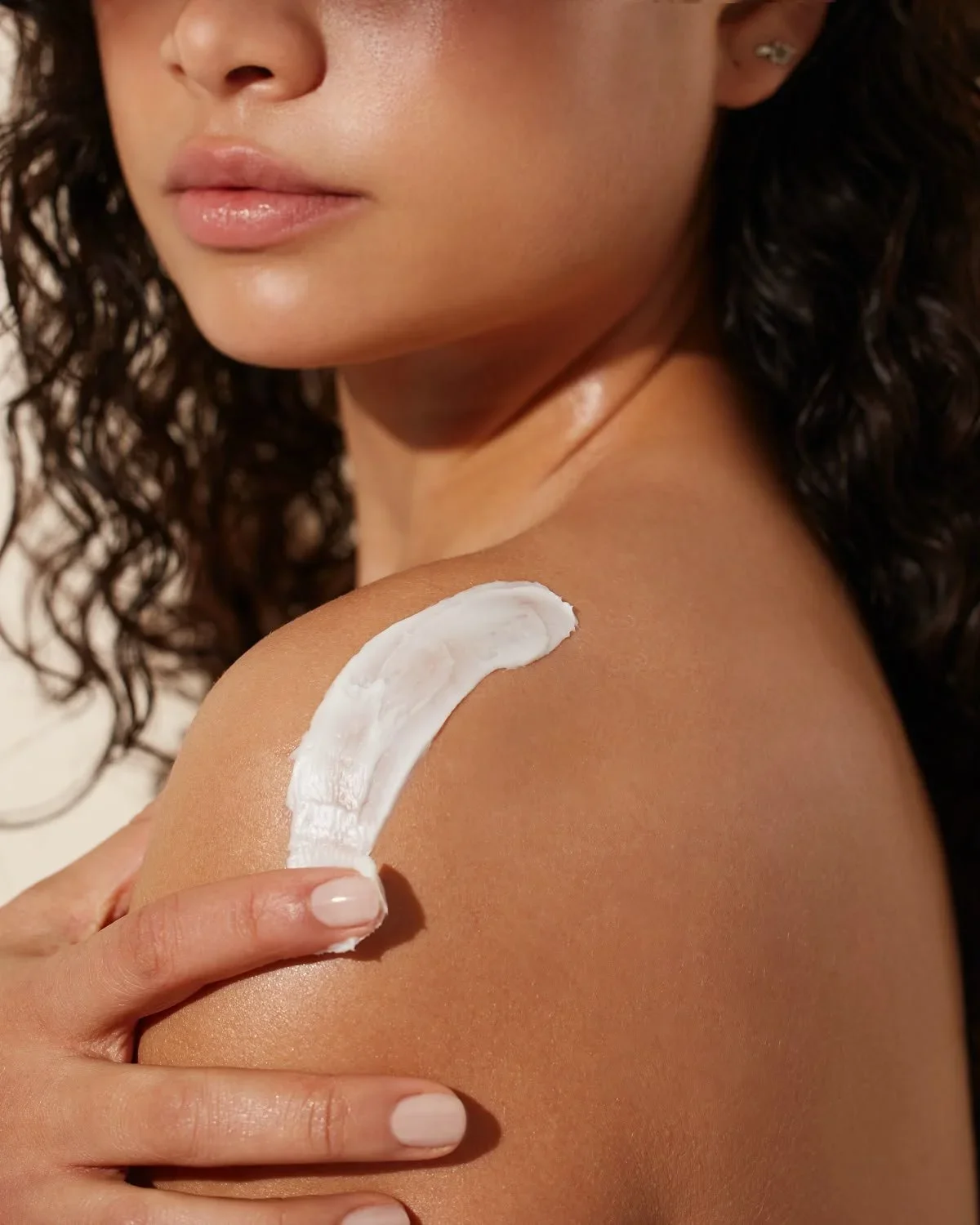
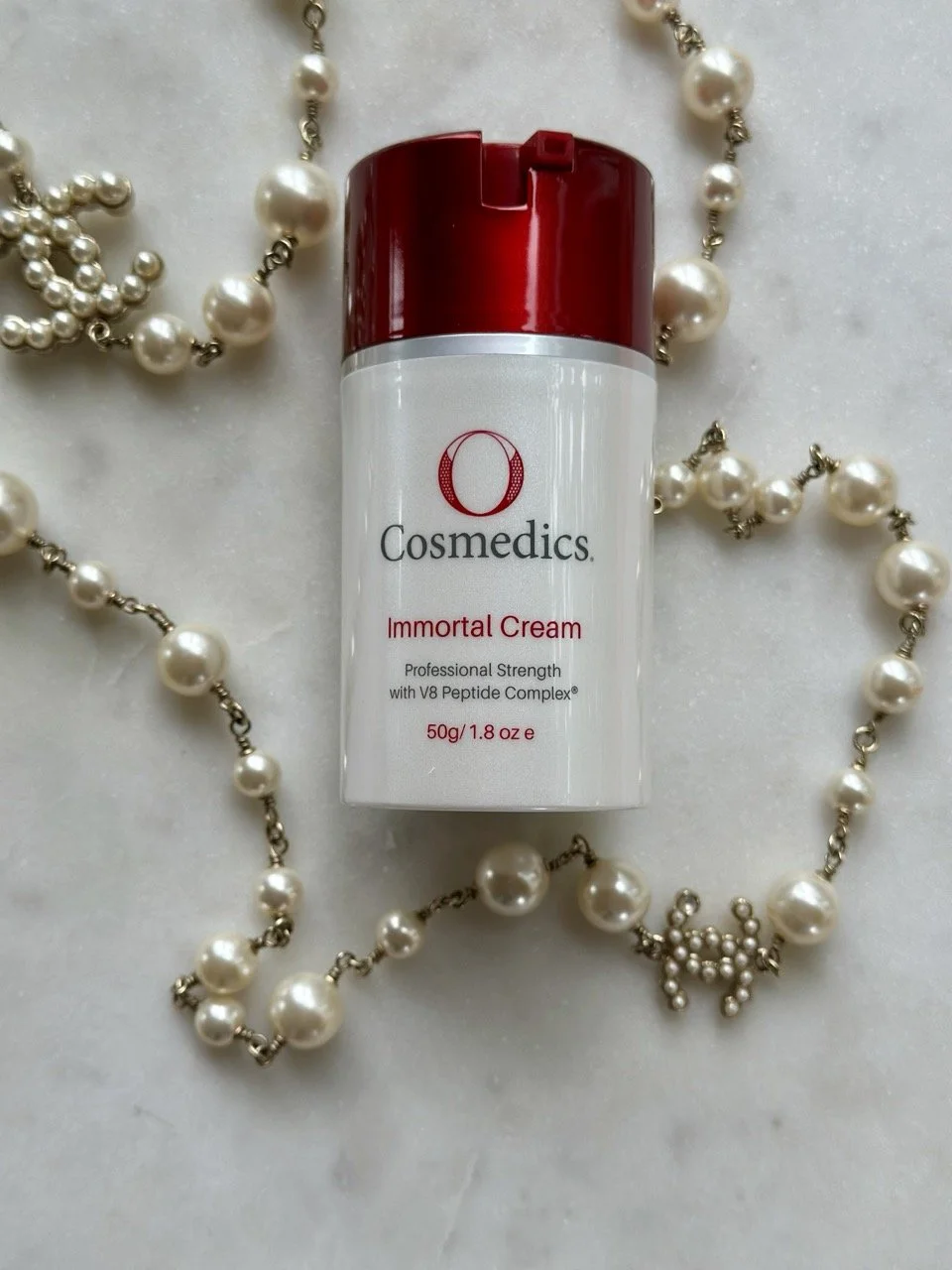
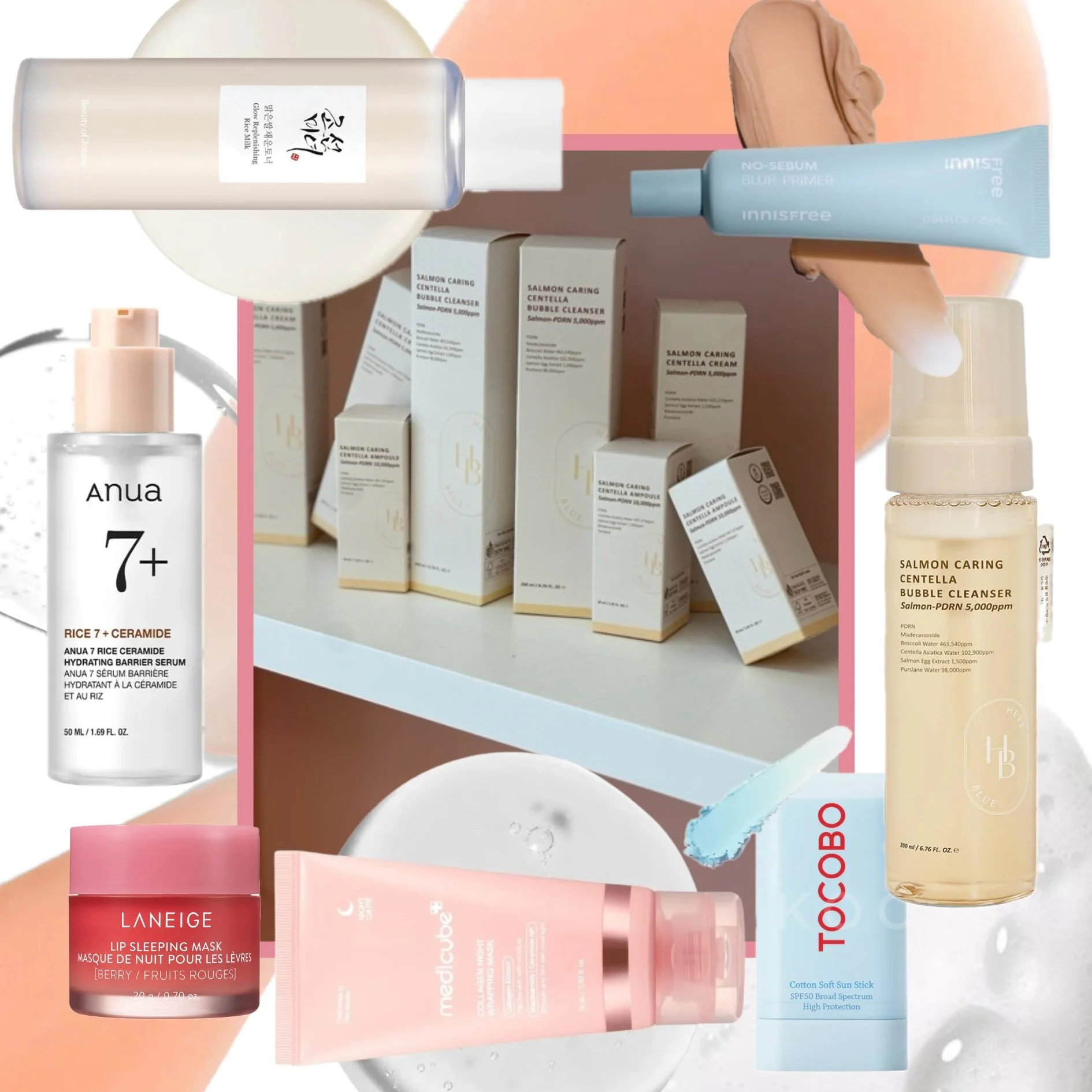

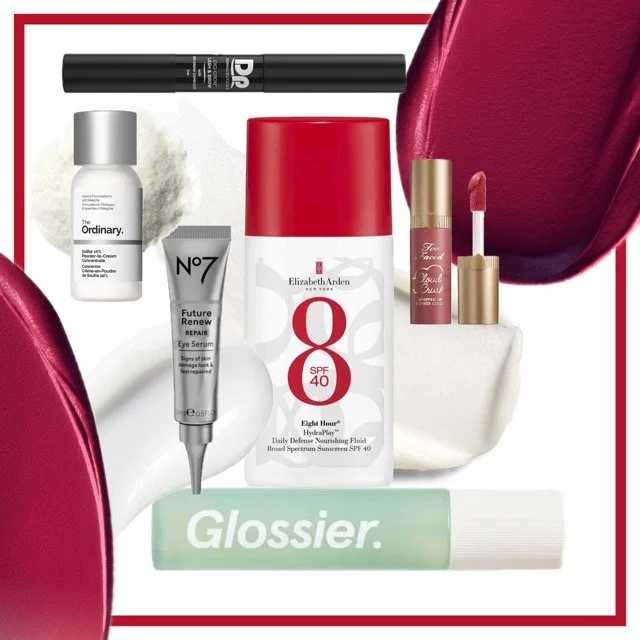



Here is a guide, and the brands worth buying.